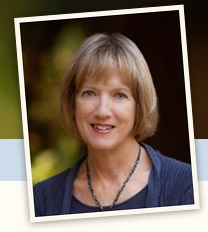After “many a slip twixt the cup and the lip,” my novel One Summer in Arkansas is published and in the hands of a number of readers, some of whom I don’t even know. It’s enormously exciting and gratifying (thank you, thank you, book buyers) but at the same time the oddest feeling to have people wandering around inside your head, finding meaning in your random thoughts and ramblings.
I started to think seriously about writing when my voice disorder – spasmodic dysphonia – became troublesome enough to get in the way of my lawyering. Not that I’m so young, but I felt I had to retire too early -- before I was done saying what I had to say.
I wasn’t sure I could put together a cohesive story and by now there’s too much emotional sunk cost there for me to have any idea whether it’s any good or not.
I must say, though, there are two aspects of writing that have been hugely gratifying. Blogging has been a good outlet for me and I expect it’s something I will continue to do. It suits my personality to have a little to say about a lot of things and not have to defend my position to anybody.
The other thing about producing this book (and maybe it’s more about publishing it than writing it) is that it really is an entrepreneurial undertaking. Most of the jobs I’ve done in my life have been safe – safe in the sense that the positions were backed up by a lot of credentials and expertise that wasn’t so easy to come by, and therefore pretty secure. Writing a book and trying to sell it is anything but safe. God knows, it’s no way to make money. The industry is in great turmoil and it’s as wide open as the Wild West, with ebooks and self-publishing and bookstores closing down and Amazon owning the world.
It’s not at all clear that the best work gets read or appreciated and chaos is rampant. But I’ve had fun creating something from whole cloth and trying to figure out a way to get it out there into the world. I’m proud of my book and grateful to so many of you who have been kind and supportive of this venture.




